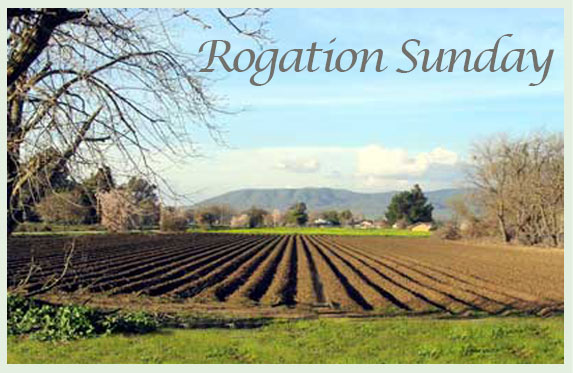
In 2011, St. Peter’s celebrated its 175th anniversary. May 15, 2025 is the 189th anniversary of the consecration of the church in 1836. The photo shows various scenes of that day in 2011.
The sermon on the 175th anniversary was based on John 10 the good shepherd passage. Jesus says “I am the good shepherd. The good shepherd lays down his life for the sheep. “
From the sermon- “The gatekeeper opens the gate for the shepherd, and the sheep hear his voice. The point is –not who is in, and who is out, but whose voice the sheep listen to and follow. The voice of Jesus, the good shepherd. But there were warnings in John’s passage. “The thief comes only to steal and kill and destroy; I have come that they may have life, and have it to the full.
The sermon continued – “Those thieves and bandits call out to us with voices that divide us—into those who are in and those who are out based on how much money we have, or what color our skin is, or what our political viewpoints are, or even what religion we are—whether Christians, or Muslims, or Jews, or Buddhists or Hindus—remember, all of humanity is in this sheepfold “
“In 1814, Channing Moore became the Bishop of Virginia and he was, we are told, “an earnest and powerful preacher, able leader, loving and beloved, who was followed as a man sent from God. He awoke this diocese out of its lethargy and started it upon a career of growth and influence that has continued to the present day.
“Meanwhile, the people of Port Royal had resolved to build a church, and so St Peter’s was raised up on this city lot, and was dedicated 175 years ago to the day. Bishop Moore came here, on May 15, 1836, and consecrated this space, set it aside as a sheepfold in which the people of Port Royal could “come in and go out and find pasture,” following the voice and the teachings of Jesus Christ, our Good Shepherd. “
Detail page, May 15, 2011
Secrets Over 185 years – Some personal thoughts.
1. Do the job that needs to be done in good times and bad. Carefully plan what you do. St. Peter’s came together over decades, not overnight.
2. Know your mission to do God’s will, united in love for God, one another and our neighbor. Never forget the mission! We have learned how to extend the pasture and our congregation is diverse.
3. Maintain the important links – close connection with parishioners and through them the community. We need the support of both.
4. Accept the generosity of parishioners. They live through what they give you and find meaning to their lives and enhance your life as well.
5. Tell your stories and retell. Relish in who you are and where we have been and never forget the blessings that have been received along the way.
6. Remember the past but don’t live in it. We can look back but can only move forward.




 Trinity Sunday, the first Sunday after Pentecost, honors the Holy Trinity—the Father, Son and Holy Spirit. Although the word “trinity” does not appear in Scripture, it is taught in Matthew 28:18-20 and 2 Corinthians 13:14 (and many other biblical passages). It lasts only one day, which is symbolic of the unity of the Trinity.
Trinity Sunday, the first Sunday after Pentecost, honors the Holy Trinity—the Father, Son and Holy Spirit. Although the word “trinity” does not appear in Scripture, it is taught in Matthew 28:18-20 and 2 Corinthians 13:14 (and many other biblical passages). It lasts only one day, which is symbolic of the unity of the Trinity. 




